
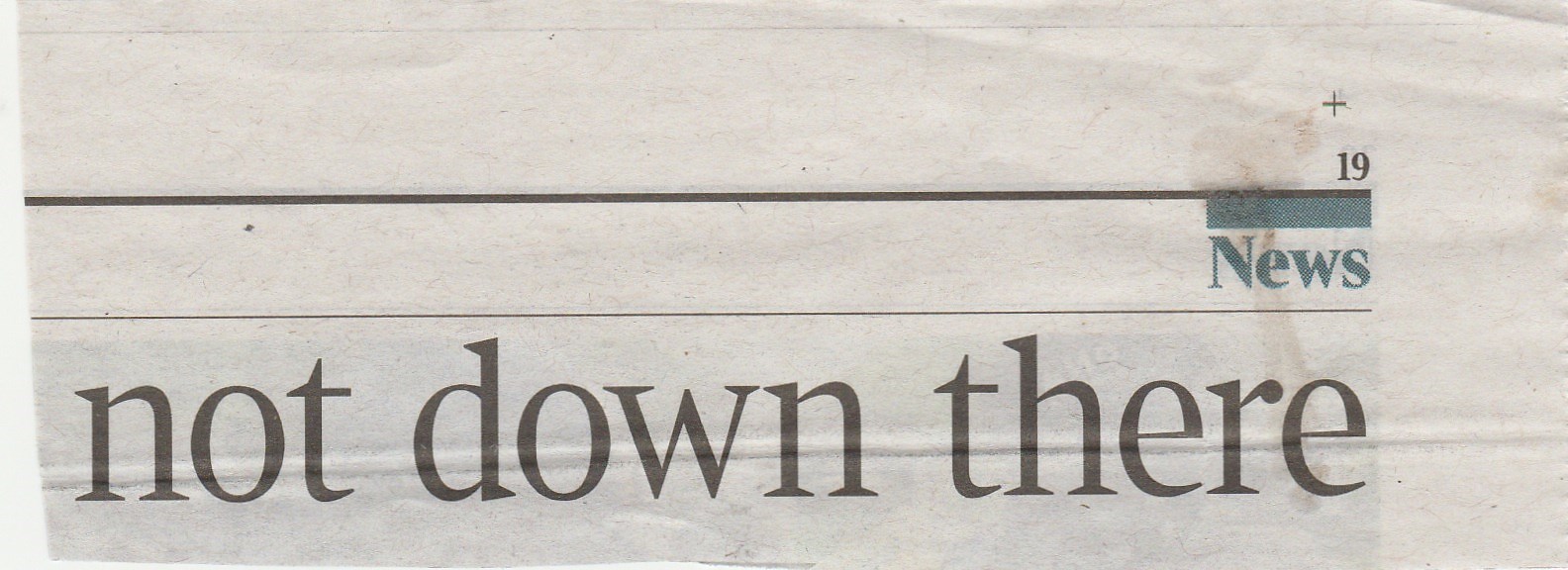 The Times, November 29, 2017
The Times, November 29, 2017
A strong entrant in the Most Meaningless Heading of the Year stakes. Gibberish.
The story needs attention too:
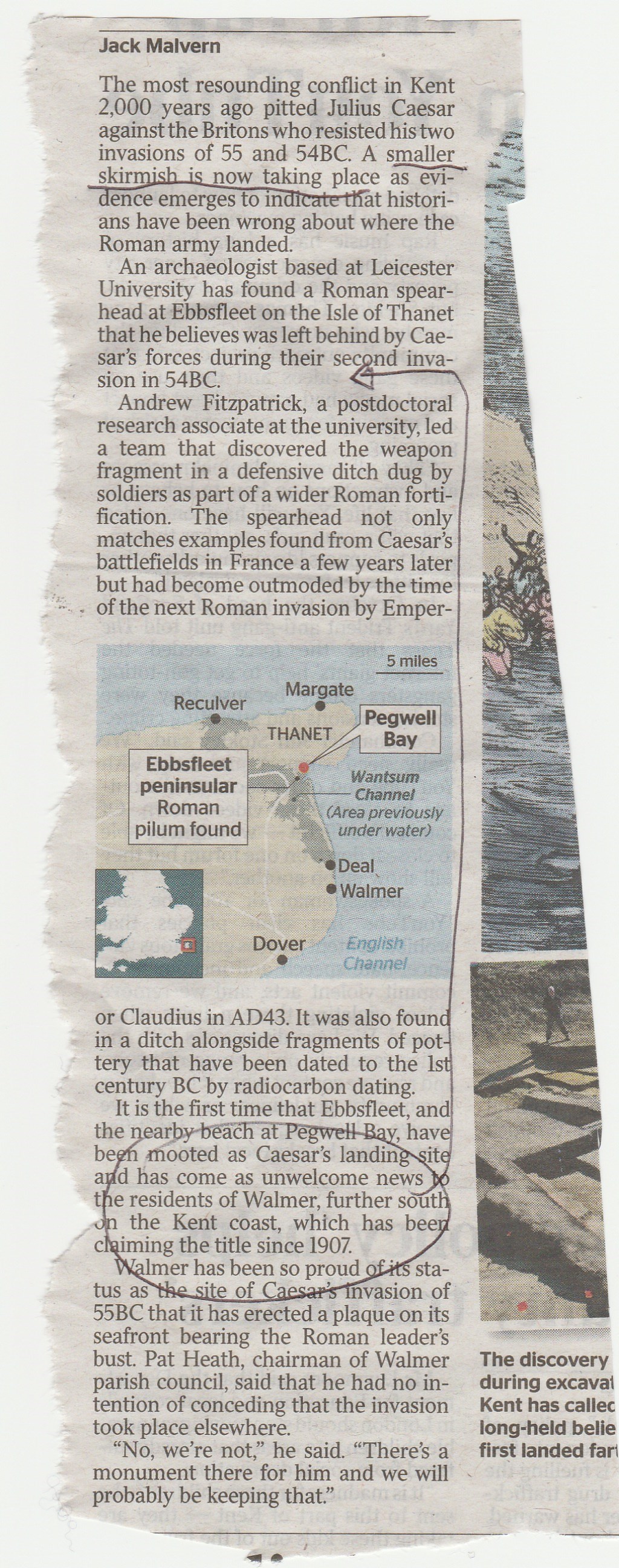
If you are going to refer to the skirmish between two towns in the second par, then you don’t burble on about archaeological details until after you have introduced the second town. You don’t need to say there were two invasions until lower down the story, either. Keep it simple in the first few pars so that readers don’t lose the will to live. For example, what does it matter in the second par that the archaeologist is from Leicester University? It is unnecessary complexity.
I’ve just noticed that the graphic refers to the Ebbsfleet ‘peninsular’. The term for a projecting area of land is a ‘peninsula’, and ‘peninsular’ is the adjective derived from it.

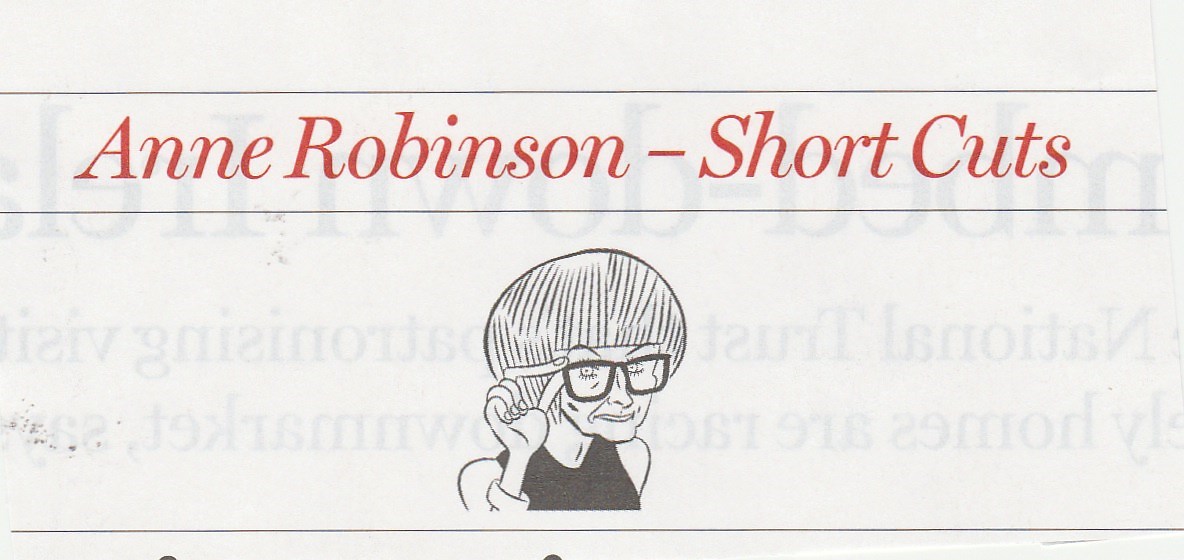
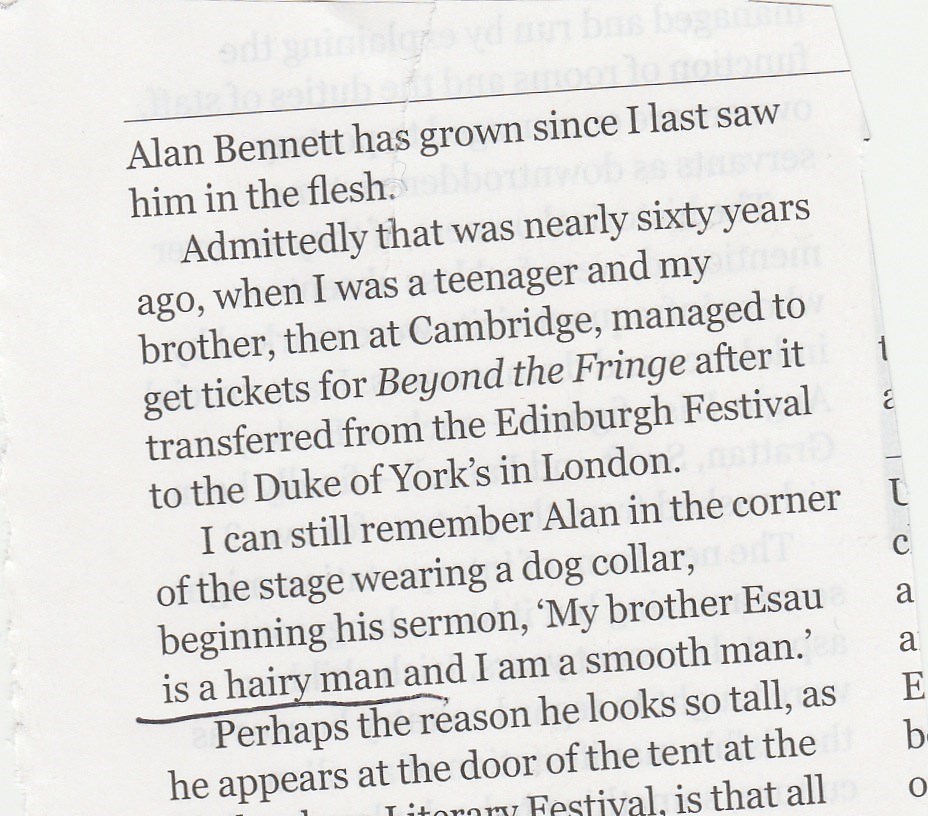
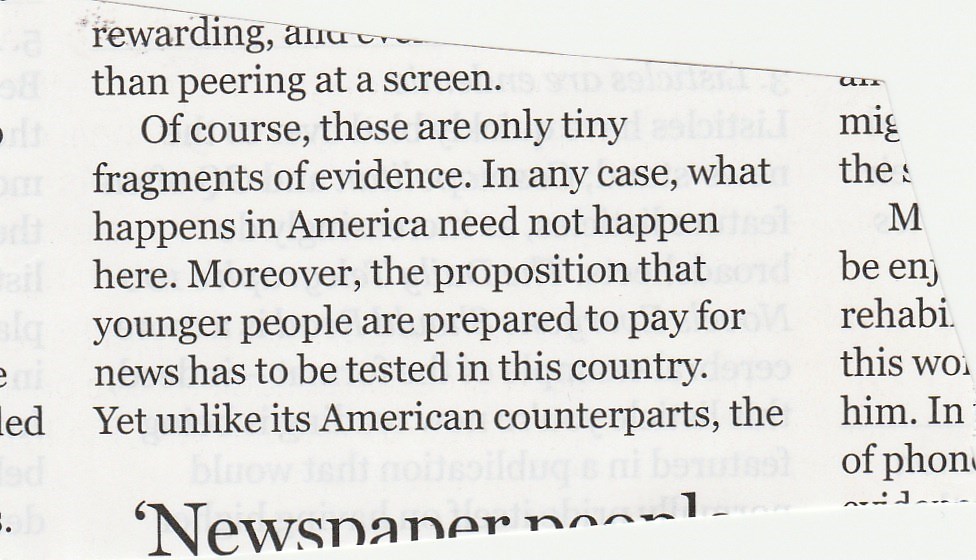
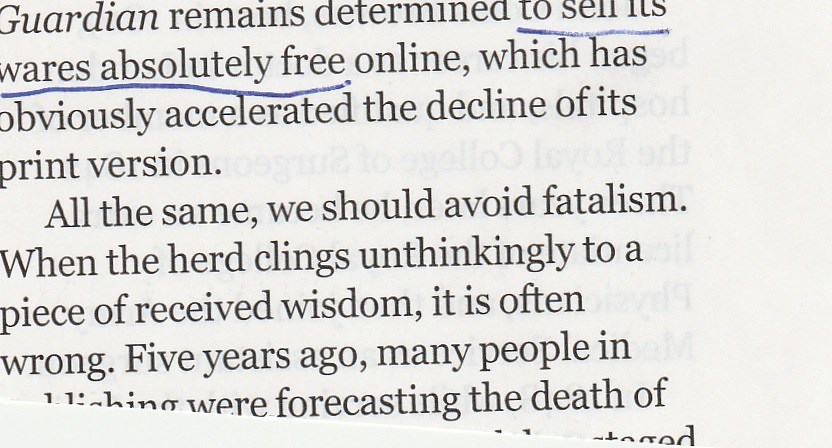
 Sunday Times, November 26, 2017
Sunday Times, November 26, 2017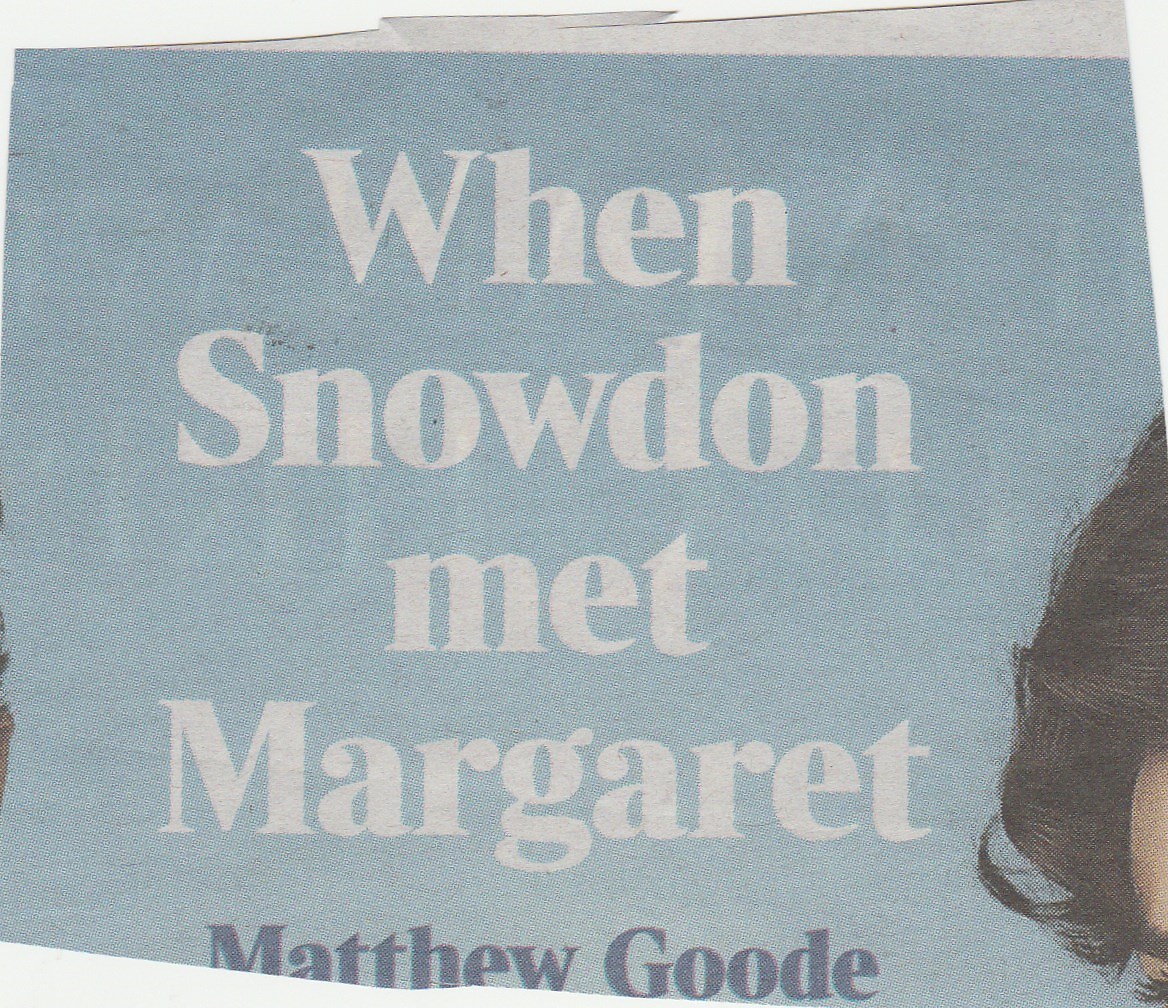 The Times, November 25, 2017
The Times, November 25, 2017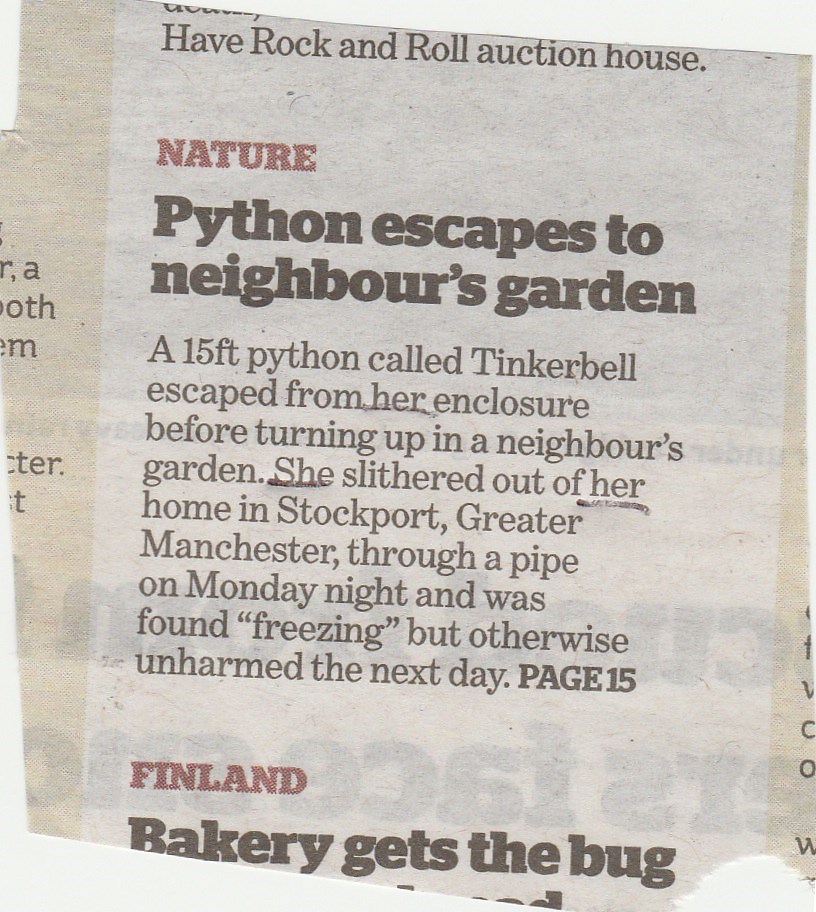 i newspaper, November 24, 2017 Page 3
i newspaper, November 24, 2017 Page 3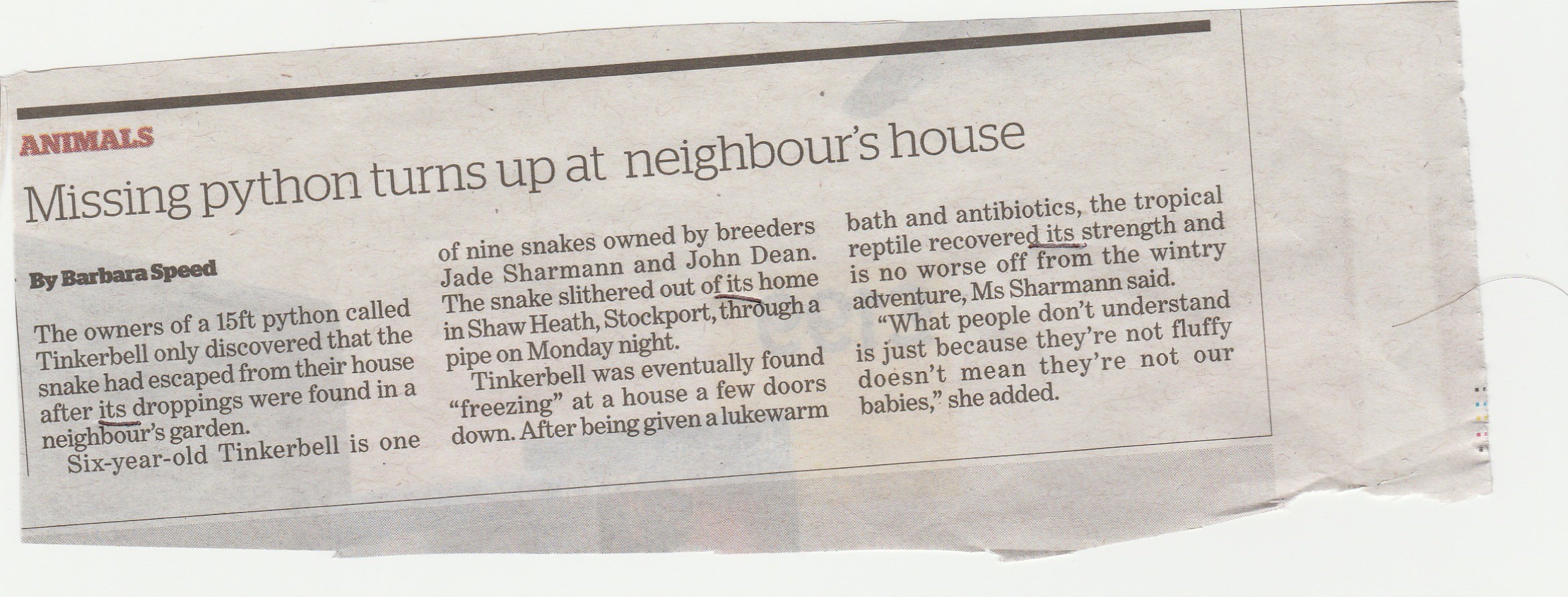 i newspaper, November 24, 2017 Page 15
i newspaper, November 24, 2017 Page 15 i newspaper, November 10, 2017
i newspaper, November 10, 2017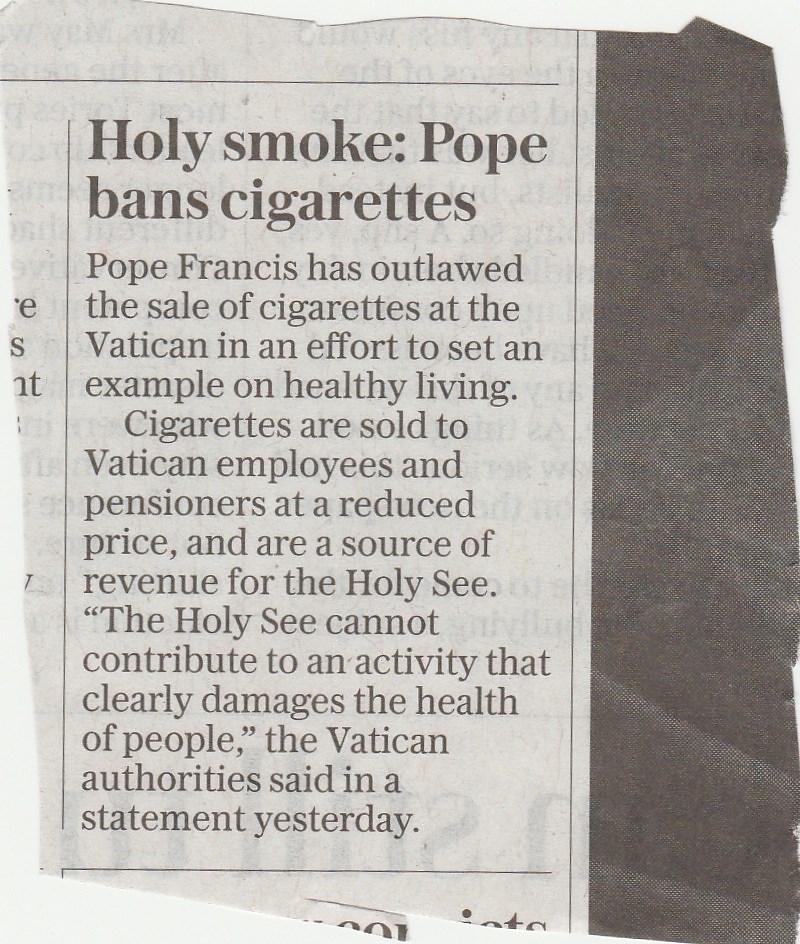 Daily Telegraph, November 10, 2017
Daily Telegraph, November 10, 2017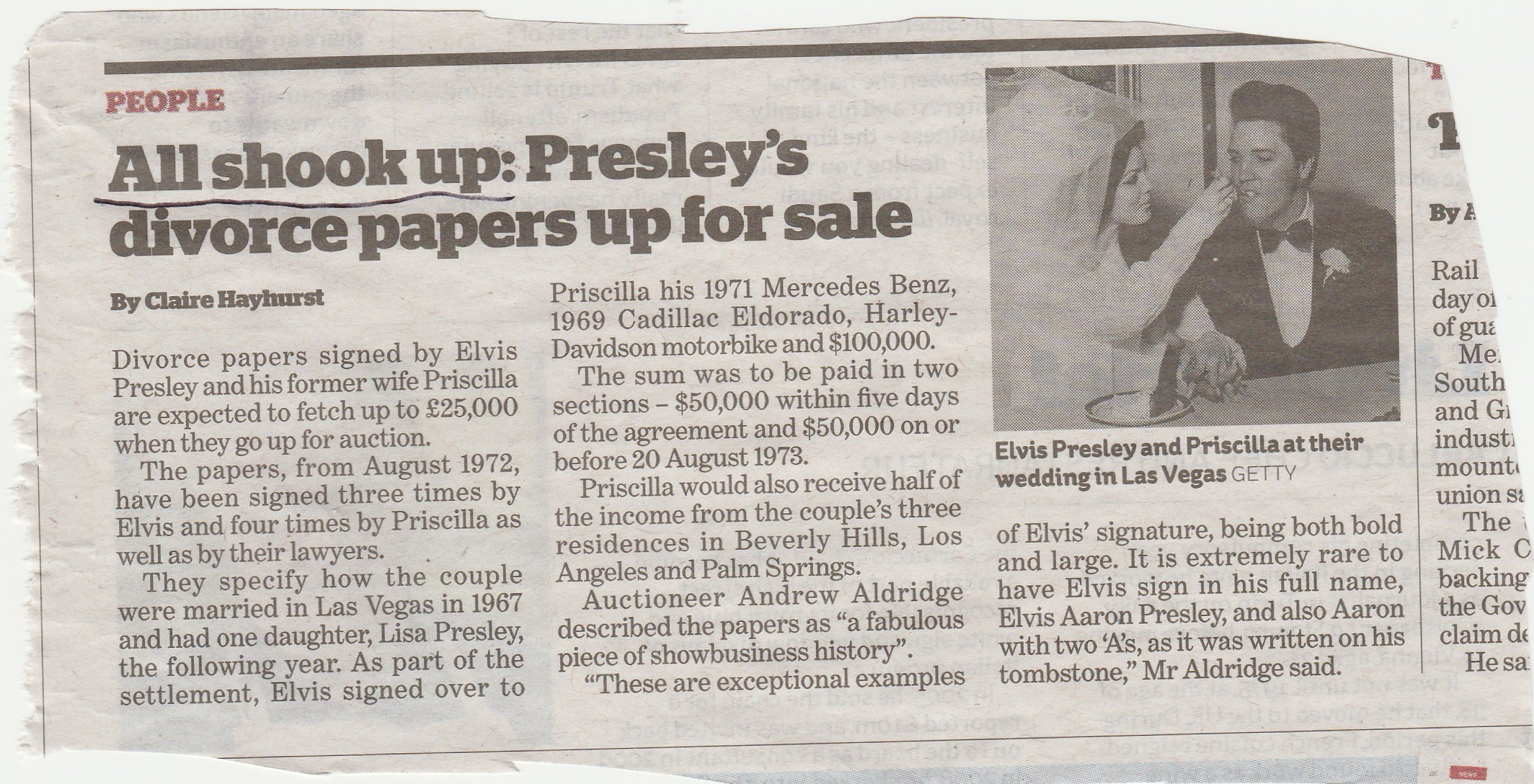 i newspaper, November 10, 2017
i newspaper, November 10, 2017 i newspaper, November 10, 2017
i newspaper, November 10, 2017 i newspaper, November 10, 2017
i newspaper, November 10, 2017
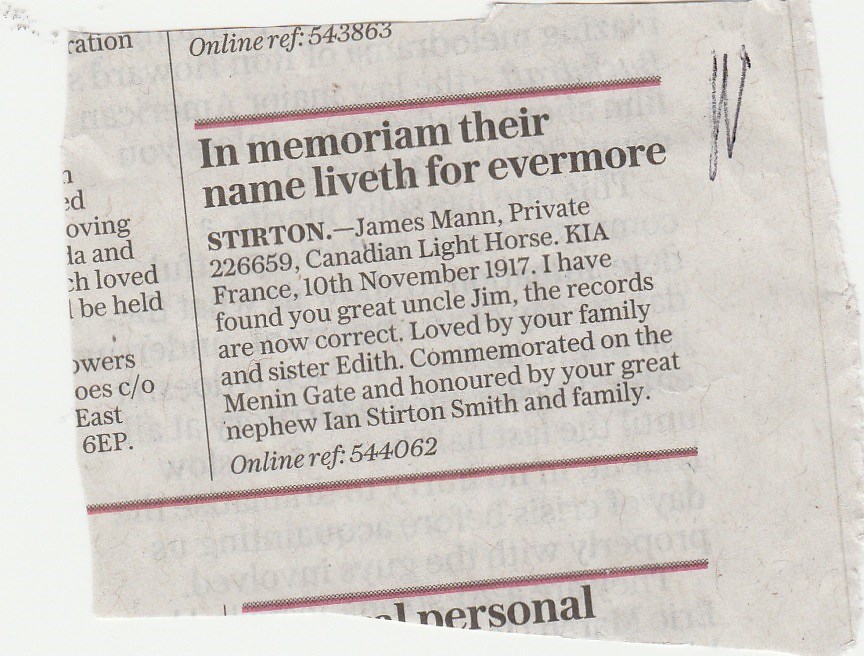 Daily Telegraph, November 10, 2017
Daily Telegraph, November 10, 2017 Daily Telegraph, November 10, 2017
Daily Telegraph, November 10, 2017